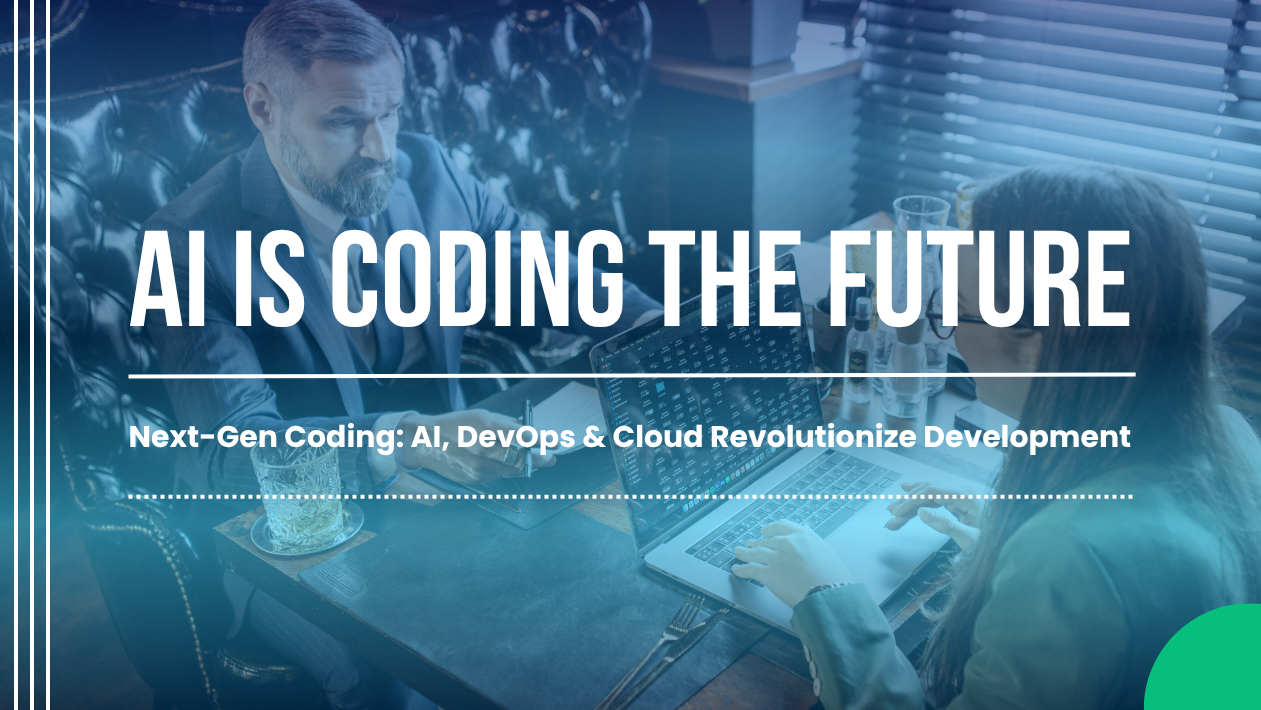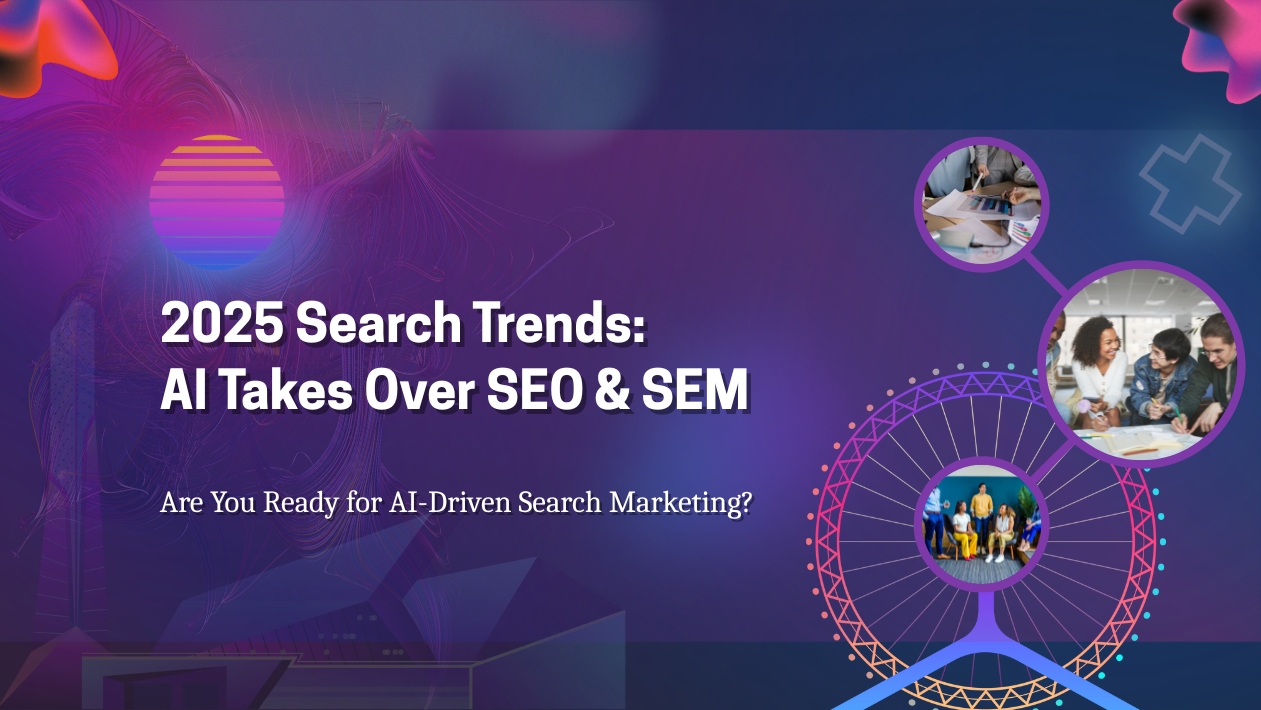As digital transformation accelerates globally, emerging technologies in 2025 are redefining how businesses operate, governments govern, and consumers interact with the world. Innovations in artificial intelligence, quantum computing, spatial computing, and biotech are not only reshaping industries but also unlocking entirely new market opportunities.
According to a report by McKinsey & Company, investments in emerging tech are expected to exceed $2 trillion globally by 2027, driven by enterprise demand for innovation, automation, and intelligent decision-making.
Artificial Intelligence (AI) Expands Beyond Automation
AI continues to lead the wave of transformation in 2025. Beyond simple automation, AI is now embedded into decision-making systems, healthcare diagnostics, financial services, robotics, and creative content generation. Advanced generative AI tools are being used for everything from personalized marketing to virtual product design.
“AI is no longer just about efficiency—it’s a strategic driver of growth and innovation,” said Dr. Lena Kapoor, an AI research scientist at MIT.
Quantum Computing Inches Toward Commercial Breakthroughs
Once confined to research labs, quantum computing is making significant strides in 2025. Tech giants like IBM, Google, and IonQ are exploring practical applications in drug discovery, logistics optimization, and cybersecurity. Although mainstream adoption is still years away, early quantum use cases are proving valuable in solving complex problems beyond the reach of classical computers.
Spatial Computing and the Rise of the Metaverse
Spatial computing—which includes augmented reality (AR), virtual reality (VR), and mixed reality (MR)—is reshaping industries like retail, manufacturing, education, and healthcare. Companies are using immersive technology for remote training, virtual collaboration, and interactive product demos, especially within the growing enterprise metaverse space.
“Spatial computing is redefining how we visualize, build, and interact with digital and physical environments,” said Eva Chang, XR innovation lead at a major automotive firm.
Biotechnology and Neurotechnology Make Waves
In healthcare, biotech and neurotechnology are advancing rapidly, with new gene-editing tools (like CRISPR 3.0), AI-driven drug development, and brain-computer interfaces gaining momentum. Startups are exploring wearable devices that connect neural signals directly to external devices—potentially revolutionizing how humans interact with machines.
Sustainability Tech and Green Innovation Gain Momentum
Amid climate concerns, emerging technologies focused on sustainable energy, carbon capture, green hydrogen, and circular manufacturing are gaining traction. Governments and corporations are funding cleantech initiatives to meet aggressive ESG goals and comply with environmental regulations.
What’s Next? A Hyperconnected, Intelligent Future
The convergence of these technologies is setting the stage for a hyperconnected, intelligent ecosystem, where automation, data, and real-time computing drive efficiency and personalization across every sector.





